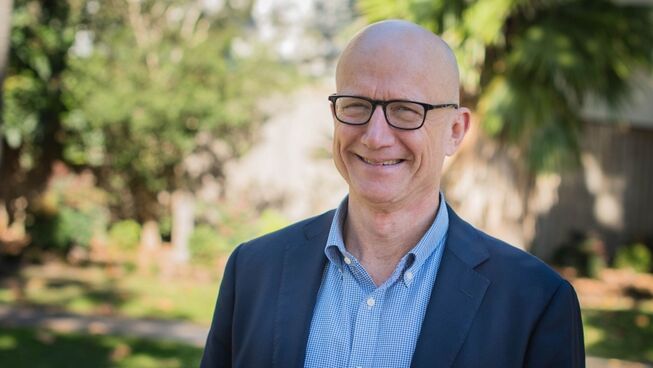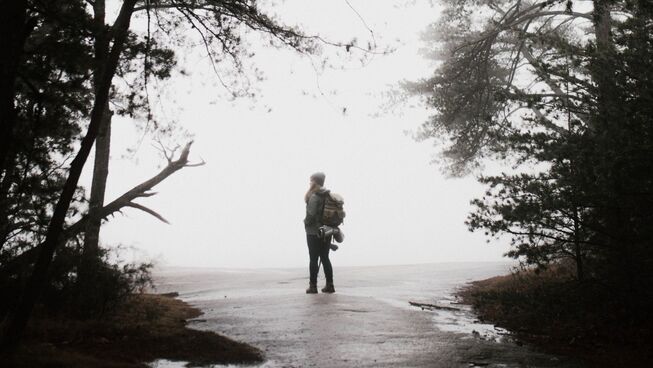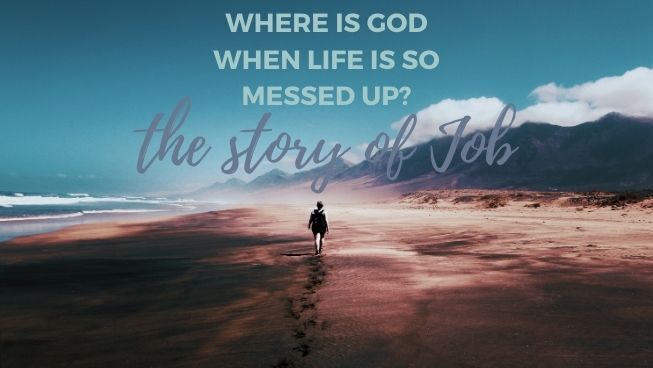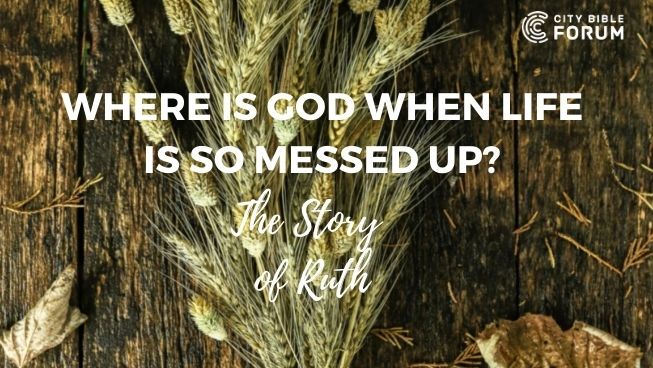This booklet is a reading guide on the book of Ecclesiastes, it includes reflective essays from a number of authors, including Dr Sam Chan, Al Stewart, Anna McGahan, Kate Bracks and more.
We are constantly looking for meaning in life—a sense of purpose or identity that has lasting value. Am I defned by my job, possessions and relationships? Am I amusing myself with frivolous activity? Te book of Ecclesiastes resonates because it is realistic. It gives an honest description of what frustrates us in life, a life that ofen feels hollow and futile. Some conclude that Ecclesiastes seems depressing, but can we fnd hope in this honest description of our deepest frustrations? Tis reading guide aims to: • Help you search beyond the day-to-day of work and relationships to enjoy the pleasures and gifs graciously given through a living God of hope. • Help you explore an answer to life’s questions in view of God and eternity. Ecclesiastes forms part of the Bible’s wisdom books. Trough observation, it discovers the patterns and rhythms of life. Te author wants us to face up to hard realities: death and sorrow, despair and grief, sameness and repetition. He searches to see if there is any wisdom to live by. Repeated throughout the book is the phrase: ‘Meaningless, meaningless! Everything is meaningless’. It’s a translation from a single word ‘hebel’ meaning vapour, mist or fog. We can’t clutch a mist, we can’t hold a vapour. In the end, what do we gain? What in life can be truly possessed? It is ‘a chasing afer the wind’. Mark Twain says, “The two most important days in your life are the day you are born and the day you fnd out why”. Maybe there is something to learn from the monotony of life, the tattered edges, the funerals, the perplexities. Should I fear and worship God? Maybe if I feared and worshipped God more I would learn to hold to the world less tightly. Read on if you are curious.
Craig Broman & Elaine Tham
Editors
Photo by Ben Mack from Pexels









